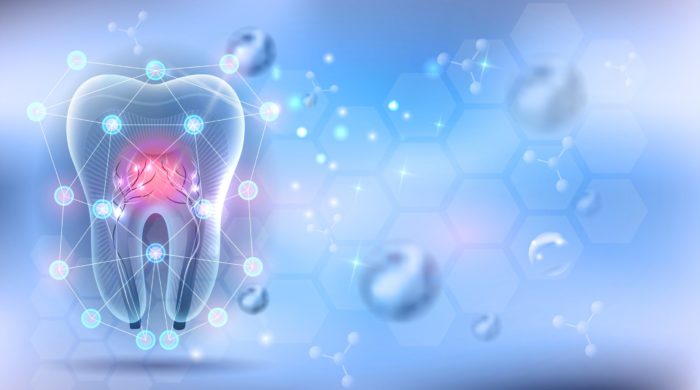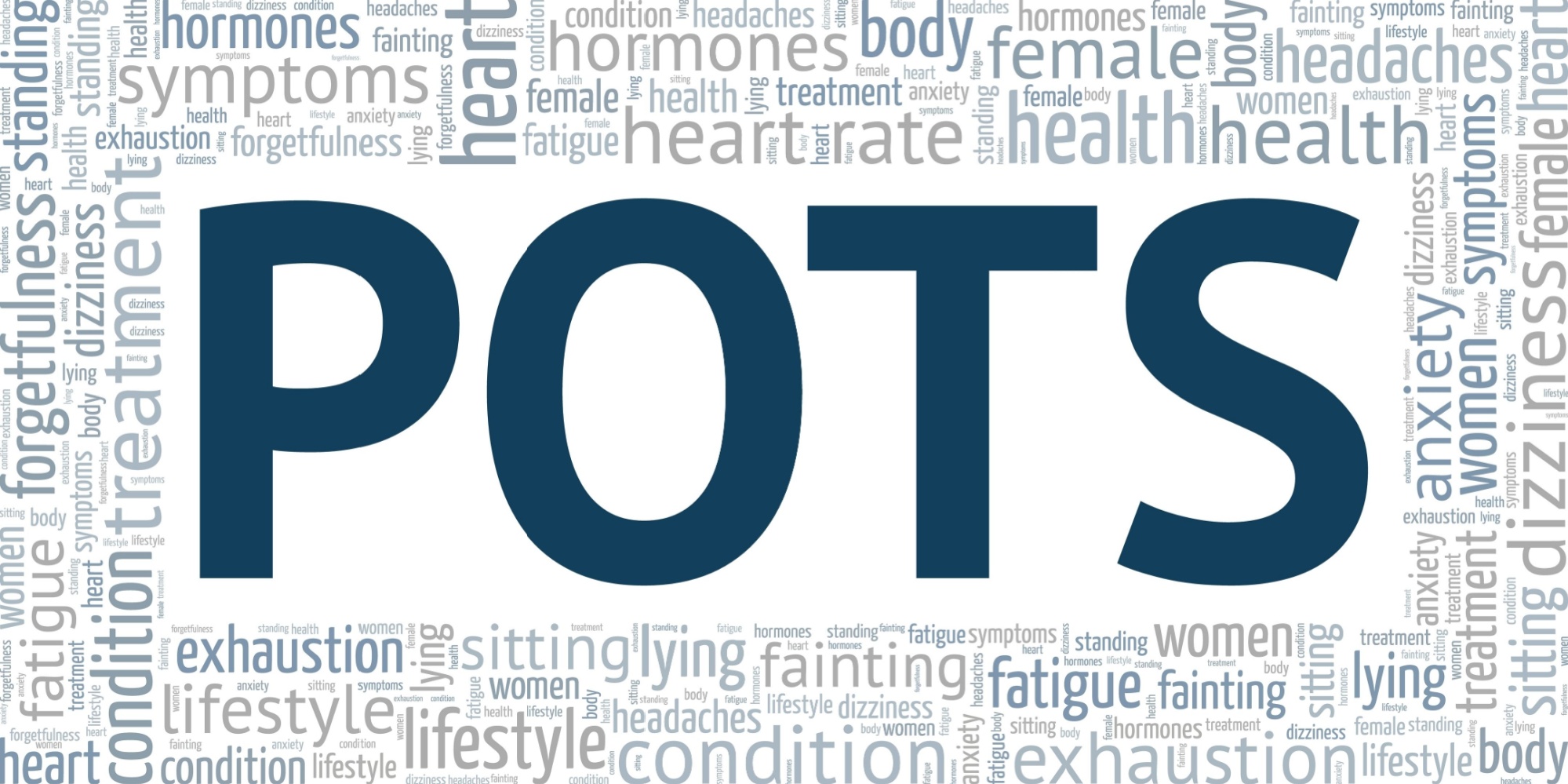
Don’t let the tooth fairy or your dentist cash-in on the Coronavirus
March 1st, 2021When was the last time you went to the dentist for a check-up?
The Coronavirus has most probably left a bad taste in your mouth for many reasons including a build-up of plaque, lost fillings or an abscess.
When we were children the thought of losing a tooth and hiding it under our pillow for the tooth fairy was exciting. In adulthood, we don’t want to lose our teeth, the last thing we want to see is the tooth fairy or have hours of treatment at the dentist.
Since the first lockdown visiting the dentist hasn’t been a priority or even a possibility with many dentists being closed or offering emergency appointments only. Could we be faced with a big dental bill because of the pandemic? Or worse, could we be putting ourselves at risk of a serious illness by not looking after our teeth and gums?
10 health issues that can be caused by bad dental care
One of the main reasons that you should go to the dentist is because looking after your dental health is a critical barrier to protection. To prevent greater health complications as a result of your teeth and gums. The mouth is a primary entrance into the body, allowing bacteria into the bloodstream, which can cause inflammation and infection. Here are 10 health issues that could arise from bad dental health.
1. Cardiovascular Disease
Gum inflammation can cause periodontal disease, especially if the inflammation is caused by bacteria. These bacteria can also get into the bloodstream which can cause a build-up of plaque. It can result in the hardening of the arteries which is very serious. That can lead to blood flow issues and heart blockages, increasing the likelihood of a heart attack.
2. Dementia
Bad bacteria and other substances coming from the gums can kill brain cells leading to potential dementia. Alzheimer’s Disease or Dementia have been researched with a link shown to gingivitis, which is caused when bacteria from the mouth enters the bloodstream or nerve channels.
3. Respiratory Infections
Infected teeth and swollen gums can affect the respiratory system. Bacteria from the mouth can be inhaled into the lungs and then travel into the bloodstream.
Respiratory infections can be caused by these bacteria, including acute bronchitis, pneumonia and even COPD.
4. Diabetes
Gum disease can make diabetes more difficult to manage. Diabetic symptoms can get worse when sugar levels are all over the place. Good oral hygiene is really important to prevent complications of the disease.
5. Pregnancy complications
It is very important that pregnant women practice good oral hygiene – this is down to the changes in hormones caused by pregnancy and the higher risk of developing oral infections.
Any type of infection in a pregnant woman’s body can cause complications and infections such as periodontitis and gingivitis have been known to cause premature birth.
6. Fertility problems/infertility
Links have been made between infertility or fertility problems in women and poor oral health. Gum disease in particular can lead to health issues that affect both conceiving and sustaining a healthy pregnancy. Women with poor oral health may take longer to conceive than someone with good dental health.
7. ED (Erectile Dysfunction)
The bacteria that cause chronic periodontal disease (a condition whereby the gums pull away from the teeth) can enter the bloodstream and cause the blood vessels to swell and become inflamed. If this happens, the flow of blood to the genitals can become restricted, making erections difficult to achieve – in some men, this condition stops erections altogether.
8. Oral and Throat Cancers (plus others)
Oral and throat cancers have long been linked to poor oral health practices like smoking, but these are not the only ones. Gum disease has now been linked with various cancers including kidney, pancreatic and blood cancer
9. Kidney Disease
People who suffer with gum disease tend to have weaker immune systems, which can lead to an increased risk of infection, as well as chronic kidney disease. This is a serious health condition that does not only affect the kidneys, but also the bones, heart and blood pressure. It can be fatal if it is followed by cardiovascular disease or kidney failure.
10. Rheumatoid Arthritis
Research reported by the UK based National Rheumatoid Arthritis Society (NRAS) showed that gum disease sufferers are 4x more likely to suffer with Rheumatoid Arthritis (RA) than individuals who don’t. Inflammation is a key marker in both health conditions, and the bacteria that causes gingivitis can increase overall inflammation around the body. This leads to an increased risk of RA.
Visiting the dentist and the Coronavirus
Knowing that the virus is transmitted through the eyes, nose or mouth is enough to put anyone off. With a dentist working on your teeth at such a close range logic would tell you that there would be a high possibility of transmission of the virus. However, most dentists have government guidelines, new protocols and other measures in place to protect their patients, their surgery staff and themselves. Wearing a mask, face shield, doing temperature checks and using specific equipment to reduce spit and transmissions of pathogens.
Do you suffer from Dentophobia?
Dentophobics have a fear of going to the dentist, it’s quite a common thing. It is normally the result of a previous bad experience, either due to a heavy-handed dentist or a previous significant amount of work that has been done on the teeth. Some people hate the high pitched, whizzing drilling noise or the size of the needle when your mouth needs to be numbed for a filling or an extraction.
How can you help yourself look after your teeth and get control of any anxiety you have about visiting your dentist? Try exposure therapy.
Exposure therapy
Indications of dental health issues are swollen or bleeding gums, bad breath or pain.
Exposure therapy involves visiting your dentist in phases. Starting with just going to the dentist and letting the dentist look at your teeth and not do any work. Ideally done first thing in the morning when the surgery isn’t busy and you are less likely to hear that drilling noise that is very off-putting. On the next visit allow the dentist to check for any work that might be needed and have any x-rays. If you do need work done on your teeth, you can always wear noise-cancelling headphones or listen to music.
Of course, the desired situation is not needing any work done on your teeth by making sure you look after your teeth and gums, this includes:
- Brushing your teeth properly twice a day and using a toothbrush appropriate for your teeth and gums. Electric toothbrushes are highly recommended
- Flossing to remove food and plaque from between the teeth
- Using mouthwash to help get rid of the bacteria that brushing alone can’t
- Visiting your dentist and hygienist regularly
- Eating a healthy diet including less sugary or acidic foods
- Supplements can be taken to help strengthen the enamel on the teeth and the condition of the gums
- Cut back or stop drinking and smoking
Why not try Oraltide-Pro ™?
OraltidePro™ comes in a mouthwash and a repair gel, which work brilliantly in combination.
OraltidePro™ is unique and contains DPR (Dental Bond Peptide) and AGDP (Anti-gingival Degenerate Peptide) – a perfect accompaniment to Oraltide Pro Mouthwash.
Using peptide based dental care products leads to:
- Quicker healing of mouth and tongue problems
- Growth of shrinking or shrunk gums
- Prevention against oral infections like gingivitis
- Aid with enamel remineralization
- A reduction in bacteria growth and etching
- Filled slots in enamel that has been damaged
Here are a few customer reviews: SB: Since covid lockdowns I have not been to a dentist but no need now. My enamel is stronger and no bleeding of gums. GREAT STUFF!”
PS: “After using it two weeks in a row I felt two small chips in my teeth seemed smoother.”
DV: “It’s easy and works, a doable option.”
LB: “Very refreshing. Gums are pink and hoping this product will help with recession.”
AW: “Oraltide Pro is easy to use and very effective. I know that it is tightening my gums by the way the dental floss is harder to get through the gum/tooth junctions. And I can see my teeth are whiter in the mirror. I like that all it takes is once a week for a few minutes to see results.”
Remember, dentists are medical professionals who help you put your money where your mouth is. With good dental self-care, you can save yourself a lot of money and toothache!
OraltidePro™ products:
- Mouthwash available: http://bit.ly/OralTideMouthwash
- Repair Gel available: http://bit.ly/OralTideGel
- Bundle: http://bit.ly/OralTideBundle








